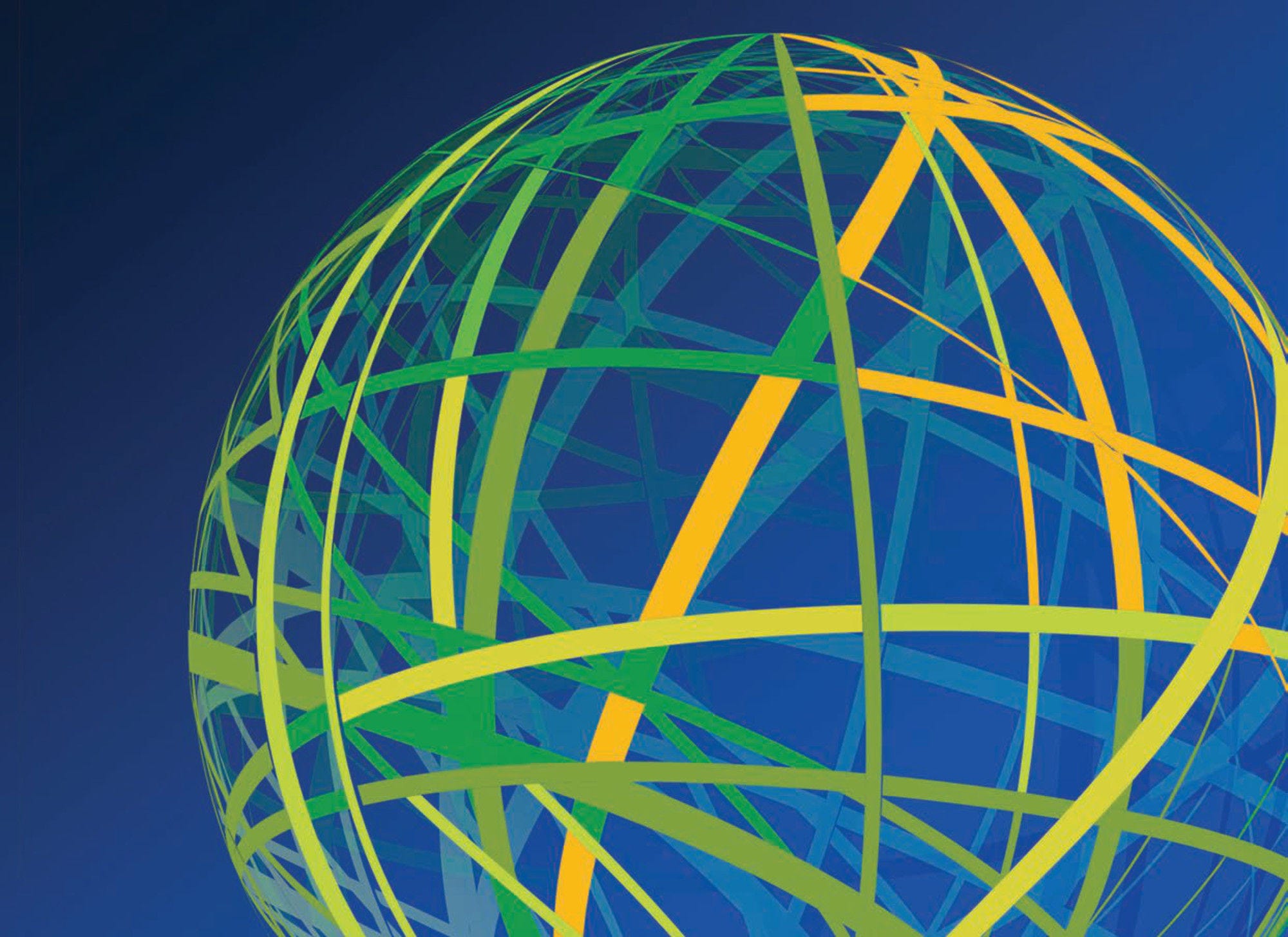Every two years, the Global Outlook presents new data, analysis and recommendations for members of the OECD and the international community to advance a more holistic approach to financing sustainable development globally, as called for in the 2015 Addis Ababa Action Agenda.
This third edition casts new light on international efforts to align various sources of financing for the Sustainable Development Goals (SDGs) in the context of the post-COVID-19 recovery, and the consequences of Russia’s large-scale war of aggression against Ukraine. Chapter 1 assesses the global macroeconomic context, “from a Great Lockdown to a Great Divergence”. Chapter 2 analyses major trends in sustainable development financing and the risk of countries most in need further losing access to finance. In that context, Chapter 3 analyses successes and shortfalls of the SDG alignment agenda, and proposes a plan of action to promote a more equitable distribution of opportunities and benefits of the ongoing drive for sustainability in finance and investment.
The report builds on expertise from the tax, investment, environment and development communities of the OECD. This edition was prepared by the Development Co-operation Directorate (DCD) under the guidance of Acting Director Kerri-Ann Jones, with Carmine Di Noia, Director of the Directorate for Financial and Enterprise Affairs (DAF), Ragnheiður Elín Árnadóttir, Director of the Development Centre (DEV), and Pascal Saint-Amans, Director of the Centre for Tax Policy and Administration (CTPA). The DCD team was led by Haje Schütte, Head of the Financing for Sustainable Development Division, Olivier Cattaneo, Head of the Policy Analysis and Strategy Unit, and Rachel Morris, Policy Analyst. Lead authors were Abdoulaye Fabregas and Qquillaccori Garcia Lopez (Chapters 1 and 2), and Rachel Morris, with valuable drafting and research support by Rae Clark (Chapter 3).
Fundamental contributions were provided by a broad team of OECD specialists, in particular Ben Dickinson, Alexander Pick, and Joseph Stead (CTPA), Riccardo Boffo, Iris Mantovani, Catriona Marshall, Ana Novik, Robert Patalano, Martin Wermelinger (DAF), Yasmin Ahmad, Catherine Anderson, Aussauma Bejaouri, Julia Benn, Thomas Böhler, Priscilla Boiardi, Eleanor Carey, Juan Casado, Guillaume Delalande, Gregory de Paepe, Rebecca Engebretsen, Ana Fernandes, Jenny Hedman, Paul Horrocks, Tomas Hos, Jieun Kim, Rahul Malhotra, Frederik Matthys, Ida McDonnell, Claire Naval, Erin Renner-Cordell, Cécile Sangaré, Jens Sedemund, Julie Seghers, Özlem Taskin (DCD), Federico Bonaglia, Nicolas Friederici, Jason Gagnon, Håvard Halland, Arthur Minsat, Sebastien Nieto, Jan Rielaender, Bakary Traoré (DEV) and Raphael Jachnik (ENV). Joelle Bassoul, Stephanie Coic, Preeya Khongwir and Henri-Bernard Solignac-Lecomte supported the production process. Susan Sachs provided editorial review.
The report benefitted from consultations and reviews by colleagues from civil society, business and academia: Sébastian Treyer, Director, Institute for Sustainable Development and International Relations (IDDRI), Damien Barchiche, Director, Sustainable Development Governance programme, as well as colleagues at Banque de France, IMF, UNCTAD, WBG, members of the UN system and experts from the OECD-UNDP G7 Alignment Initiative. Members of the OECD Development Assistance Committee (DAC) provided overall strategic guidance.
